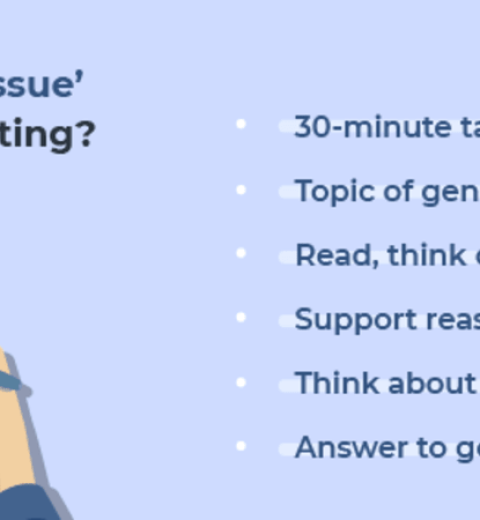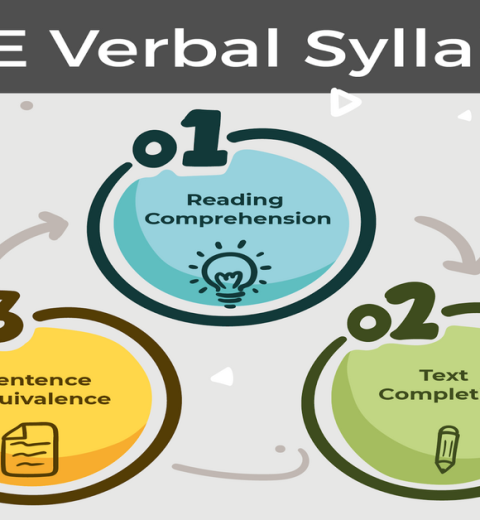The GRE Quantitative Reasoning section assesses your problem-solving abilities using basic mathematical concepts. It’s not about complex calculations, but rather your understanding and application of core math skills. Here’s a breakdown of the content you’ll encounter:
Math Topics Tested:
- Arithmetic: Brush up on your fundamentals – properties of integers (divisibility, prime numbers), operations (including exponents and roots), percentages, ratios, and rates.
- Algebra: This forms a major portion of the test. Be familiar with simplifying expressions, factoring equations and inequalities (linear and quadratic), working with functions, and translating word problems into mathematical models.
- Geometry: Revisit concepts like lines, angles, areas, and volumes of basic shapes (triangles, squares, circles, etc.), along with coordinate geometry (distance formula, slopes).
- Data Analysis: Interpret information presented in various forms – tables, graphs (line, bar, pie charts), and scatter plots. You’ll need to calculate statistics (mean, median, mode) and analyze relationships between data points.
Question Types:
The GRE quant section throws three different question types at you:
- Quantitative Comparison (QC): You’ll see two quantities (A and B) and need to determine their relationship (A is greater than B, etc.). Employ estimation and elimination strategies for quicker solutions.
- Problem Solving (PS): These are traditional word problems. Translate the information into equations and solve using the relevant math concepts.
- Data Interpretation (DI): Analyze data presented in graphs or tables to answer questions about trends, comparisons, or missing information.
Additional Tips:
- Focus on understanding concepts, not memorizing formulas. The ability to apply your knowledge is key.
- Develop strong estimation skills. Approximation can often help you eliminate answer choices in QC questions.
- Practice time management. You get roughly 1.5-2 minutes per question, so hone your ability to solve problems efficiently.



